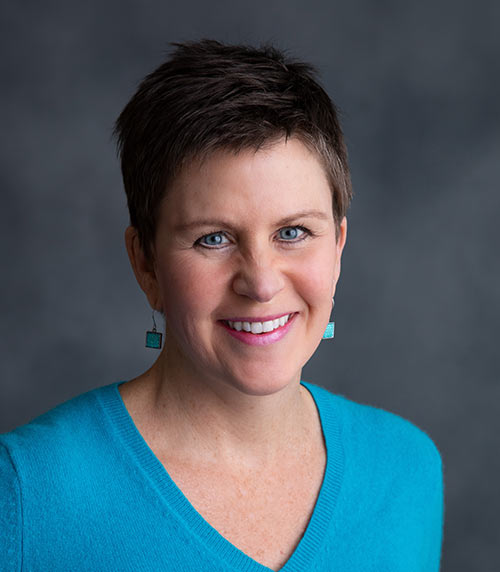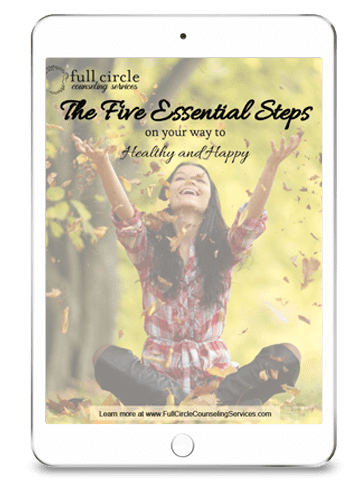Trying to find a counselor that’s a good fit for you? This can be a daunting task in the best of times. But let’s face it, you’re likely struggling through Covid life, which makes the search even harder. My hope is that this “insider information” can help save you some frustration, time and struggle as you try to find a counselor that’s a good fit for you.
Do a Google Search … “Find a Counselor near me”. Then scroll right past the large agencies and contact a local, small, independently run counseling agency.
An individual counselor in business for themselves will not be in business long if they are not good at their job. Small agencies, run by individual counselors, are focused on providing mental health care as their passion and calling. They take the time to truly care for their clients. They are motivated to provide the best counseling possible, as their livelihood depends upon it. And, choosing a small, independently owned private practice means supporting small and local businesses. It means keeping quality counseling available near you, in your own neighborhood.
On the other hand, hospital systems and large counseling agencies with multiple locations may have some good counselors on staff, but they are run as big businesses. The cost per session is high, (as much as 4x higher than the cost at a small private practice). And the focus on “volume of clients in the door” limits the time counselors can spend with each client. Large counseling agencies pay their counseling staff a set rate or a percentage per session that is often only a small portion of the reimbursement rate the company receives from the insurance company. This means each counselor has to maintain a large client load, and conduct a large number of weekly sessions to make an adequate living. And ultimately, this leads to less individualized attention for you as the client and to greater risk of burn out for the counselors.
“Just Say No” to more Corporatizing of Mental Health!
Can we talk about the online mental health platforms that have exploded during Covid? Big business saw an opportunity to fill the demand for mental health and jumped on the profit bandwagon! Though the low subscription pricing of the large teleheath platforms may be tempting, buyer beware…you often “get what you pay for”. These mega-companies pay counselors an incredibly small amount per session in order to make as large a profit as possible. When the focus is on volume of clients in order to increase profit, this can and often does mean less “quality care” for you. And devaluing counselors and the important work they do, is sure to lead to an even larger shortage of mental health counselors in the future.
Another “buyer beware” of these large telehealth corporations is substituting coaches for licensed mental health professionals. Some of these mega-online platforms will employ a small handful of licensed professional therapists. They then advertise these licensed professional counselors as their staff that provide counseling services. But in reality, a representative from inside one of these companies indicated to me that 80% of all clients get screened internally and set up with a coach, not a licensed counselor. And most clients likely don’t know the difference. So, these companies are profiting millions of dollars by selling professional mental health care at a low rate to companies for their employees to use, and then setting the employees up with coaches instead of counselors.
The biggest difference between counselors and coaches is education, training and regulation.
Coaching:
- Because coaching is completely unregulated, anyone can call themselves a coach.
- There is no formal education or training required.
- There is no regulating board that enforces ethics, and no limit on what coaches can claim to help clients with.
- There are life coaches stating they can help with everything from anxiety to trauma.
- The risk is that some coaches are practicing “out of their lane” and in so doing, risk harming clients in need of professional mental health counseling. The hope is that coaches will refer out to mental health counselors, but without education and training in mental health, how can coaches even know if or when their clients may have a mental health condition that needs professional counseling?
- (Your best bet if you really want to see a coach is to find a licensed professional counselor that is also doing coaching in a specialized area).
Licensed Professional Counseling:
- Licensed professional counselors first need a 4 year bachelors degree, typically in a human services major.
- Second, they need to obtain a 2 years Masters degree in counseling or social work.
- After that, they need to pass a Rules and Regulations exam for their state, and often also take a national exam for additional certification.
- And in Wisconsin, (and most states), an additional 3000 hours of supervised experience (that’s approximately 2+ more years!) is needed before they can obtain licensure to practice.
- That’s a total of 8 years of education, training and supervision in before you can become licensed to practice as a counselor.
- And licensed professional counselors need to follow all the ethics and regulations of their boards and of the industry, or risk suspension or revocation of their license.
- All that education, training and supervision, means professional counselors are very well equipped to handle your mental health issues. And the regulatory boards help ensure ethical counseling is provided, which means you can be more assured the professional you are working with is worthy of your trust.
Experience Matters in the counseling field. Ask about experience and areas of expertise when you are looking for a counselor to ensure they will be a good fit for you.
I believe I was a good counselor when I first started my practice in 1999. But I know I’m a much better counselor now with 22 years of experience. Experience does matter in the counseling field! Look at it this way. If a counselor sees 15-20 clients weekly for 48 weeks a year, times 22 years, that’s between 15,000 and 21,000 hours of clincial experience! Turst me, you learn an awful lot about helping people in 20,000 hours that can’t be taught anywhere else!
It’s also important to ask about a counselor’s experience working with your specific concern. For example, I specialize in women’s issues, ADHD support, and whole food plant based vegan coaching for weight loss and optimal health. Finding a counselor with specialized knowledge about your issue measn they have the counseling tools, skills and knowledge base to help with yoru specific mental health issue. Whether you seek support for anxiety, depression or marriage counseling or relationship issues, finding someone with experience and expertise may be the difference between achieveing your goals efficiently or not achieveing your goals at all.
Finally, ask friends or family for a referral.
Let’s hope the stigma of mental health counseling continues to wane and evetually disappear so everyone feels comfortable talking about “their counselor” in public and on social media! Until that time, reach out to trusted family or friends and ask them for a referral to a counselor they trust and value. They can be great sources of information and support in your journey to find a counselor that’s a good fit for you!



